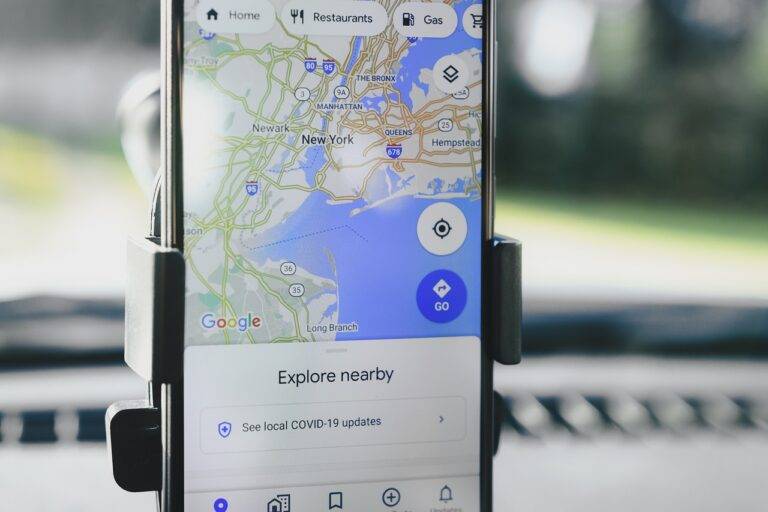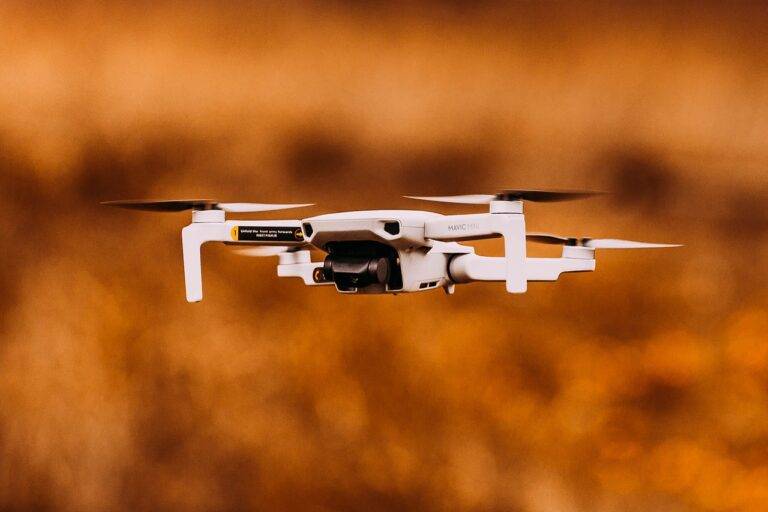The Impact of Tech on Personal Privacy
One common challenge faced in data collection is the issue of obtaining accurate and high-quality data. This hurdle often arises due to incomplete or erroneous information, leading to skewed results and unreliable analysis. Researchers and analysts must be diligent in ensuring the data they gather is precise and valid for their intended purpose.
Another significant obstacle in data collection is the struggle to collect data ethically and responsibly. With the increasing focus on data privacy and protection, organizations must navigate the complexities of data regulations and guidelines to ensure they are not infringing on individuals’ rights. Balancing the need for data with respect for privacy can be a delicate dance that requires careful consideration and implementation of robust data governance practices.
Social Media and Privacy Concerns
Social media platforms have increasingly come under scrutiny regarding privacy concerns. Users often unknowingly share personal information that can be exploited by third parties for various purposes. The collection of data by these platforms raises questions about transparency and control over what information is being gathered and how it is being used.
Furthermore, social media companies have been criticized for their data handling practices, with instances of data breaches and unauthorized sharing of user data coming to light. These privacy lapses can have far-reaching consequences, ranging from identity theft to targeted advertising, highlighting the need for stricter regulations and better safeguards to protect users’ privacy.
Internet of Things and Privacy Risks
The increasing prevalence of Internet of Things (IoT) devices in our lives has raised significant concerns regarding privacy risks. These interconnected devices gather and share vast amounts of personal data, creating potential vulnerabilities for users. From smart home devices to wearables, the collection of sensitive information without proper security measures in place poses a threat to individuals’ privacy.
Additionally, the interconnected nature of IoT devices can lead to complex privacy challenges. As more devices communicate with each other and share data, the potential for unauthorized access and misuse of personal information grows. Users may not always be aware of how their data is being shared and stored across various devices, exposing them to privacy breaches and security threats.
• The increasing prevalence of IoT devices raises concerns about privacy risks
• These interconnected devices gather and share vast amounts of personal data
• Lack of proper security measures poses a threat to individuals’ privacy
• Interconnected nature of IoT devices leads to complex privacy challenges
• Potential for unauthorized access and misuse of personal information grows with more devices communicating with each other
What are some of the challenges of data collection in the Internet of Things?
Some challenges of data collection in the Internet of Things include the sheer volume of data being generated, the potential for data breaches, and the difficulty of ensuring data privacy and security.
How does social media contribute to privacy concerns in the Internet of Things?
Social media can contribute to privacy concerns in the Internet of Things by sharing personal information and data that can be accessed and used by third parties without the user’s consent.
What are some of the privacy risks associated with the Internet of Things?
Some privacy risks associated with the Internet of Things include unauthorized access to personal data, data breaches, identity theft, and the potential for surveillance and tracking of individuals without their knowledge.





